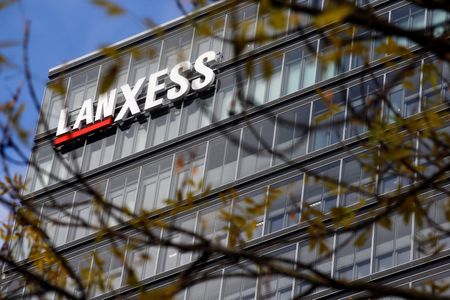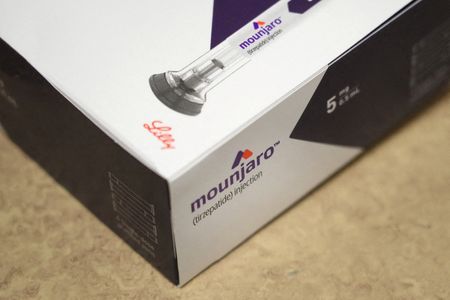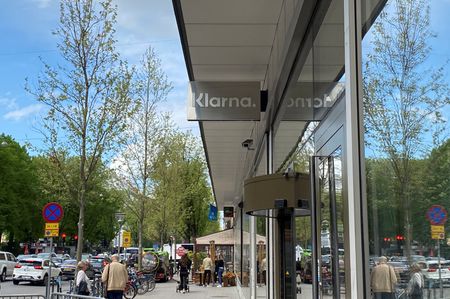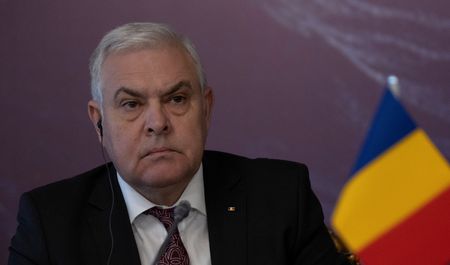By Ozan Ergenay
(Reuters) -Speciality chemicals maker Lanxess on Thursday cut its annual profit guidance more severely than expected, due to weak demand, and said a global trade war was creating “massive uncertainty” for the industry.
The company now expects earnings before interest, taxes, depreciation and amortisation (EBITDA), stripping out one-off items, of 528 million to 580 million euros ($618-$679 million) for 2025. It previously forecast a range of 600 million to 650 million euros.
That compared with analysts’ expectations of 572 million euros, a company-provided poll showed.
Lanxess shares were down 3.1% at 0905 GMT.
The German chemical sector has been struggling with subdued demand, high energy costs, supply chain issues and an economic slowdown. U.S. President Donald Trump’s tariffs have added to the pressure on the industry, sending global markets into a tailspin and dampening investors’ economic optimism.
“Tariffs and the escalation ever since April led to a situation where the Q2 has turned out to be much weaker for all industries,” CEO Matthias Zacher said on a conference call.
Zacher said the next quarter will be affected by this “massive uncertainty”, since the trade deal between the U.S. and the European Union has only arrived recently.
“The industry in Europe will pick up a little bit in Q4 and turn out to be a little more stable, and we will be more certain with planning but Q2 and Q3 will be heavy going,” he added.
Zacher also said the company’s specialty additives segment is facing intense competition from China, as Chinese competitors stop selling their products in American markets and instead focus on Europe.
Chinese companies have reduced their prices, disrupting the chemicals industry in Europe and Germany, he said, welcoming the German government’s infrastructure stimulus programme.
“The politicians have understood that we need some action to increase our competitiveness and to do something about the economic framework, general conditions,” Zacher said.
Lanxess joined other European chemical companies that have narrowed their annual forecasts recently, due to subdued demand, unfavorable foreign exchange effects and growing market uncertainty accelerated by U.S. tariffs.
Those companies incluude BASF BASFn.DE>, Evonik, Clariant, Wacker Chemie, DSM-Firmenich, Symrise< SY1G.DE>, K+S and Brenntag.
($1 = 0.8546 euros)
(Reporting by Ozan Ergenay in Gdansk, editing by Matt Scuffham)










